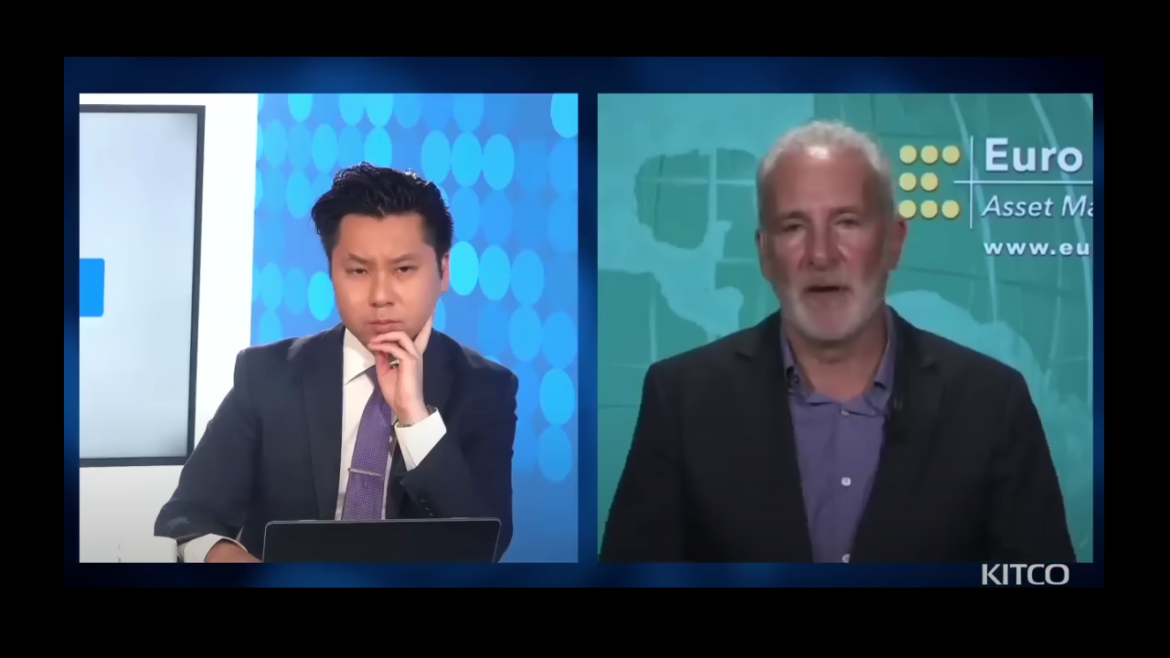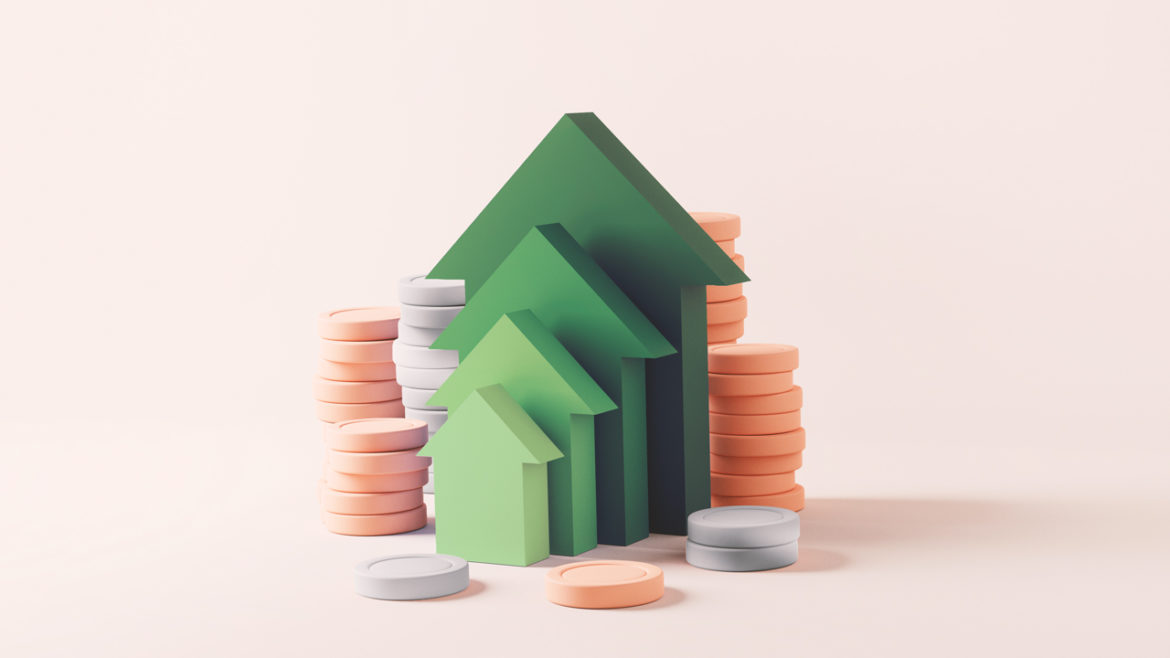Gold has all the potential to go unprecedentedly high. But silver will be gold on
Site:
Precious metals news
The enemy of economic progress has returned after a 40-year absence. Central banks could no longer claim to have given birth to a “great moderation” in inflation and instead have joined together in battle against the beast. They have done this with some of the sharpest and most synchronised rises in interest rates across the world for two decades.
Persistent inflation and the market selloff are humbling investors as they look to the new year. Funding shortages and big cuts to government services in some of the world’s poorest countries indicate the massive global debt load is increasingly unsustainable.
Bank of Japan (BOJ) Governor Haruhiko Kuroda on Monday brushed aside the chance of a near-term exit from ultra-loose monetary policy, although markets and policymakers are signalling an increasing focus on what comes after Kuroda's tenure ends.
China’s economy continued to slow in December as the massive Covid-19 outbreak spread across the country, with activity slumping as more people stay home to try and avoid getting sick or to recover.
China’s military sent 71 planes and seven ships toward Taiwan in a 24-hour display of force directed at the self-ruled island, Taiwan’s Defense Ministry said Monday, after China expressed anger at Taiwan-related provisions i n a U.S. annual defense spending bill.
Chinese Foreign Minister Wang Yi defended what he said was his country’s position of impartiality on the war in Ukraine on Sunday and signaled that China would deepen ties with Russia in the coming year.
Russia is ready to negotiate with all parties involved in the war in Ukraine but Kyiv and its Western backers have refused to engage in talks, President Vladimir Putin said in an interview aired on Sunday.
The conventional wisdom of central banks has held that there is a need to “see through” supply-side shocks such as oil and gas price hikes and the closure of ports and semiconductor factories, as their impact on potential output is temporary.
US Federal Reserve chair Jay Powell has noted expectations that ‘services inflation will not move down so quickly’. Persistently high US inflation will be difficult to squelch after taking root in the services sector of the economy, economists warn, suggesting the Federal Reserve will be forced to press ahead with further interest rate rises in 2023.
The European Central Bank must be prepared to take the heat and raise interest rates further, including by more than the market expects, if that is needed to bring down inflation, ECB policymaker Isabel Schnabel said in an interview published on Saturday.
Tens of millions of Americans endured bone-chilling temperatures, blizzard conditions, power outages and canceled holiday gatherings Friday from a winter storm that forecasters said was nearly unprecedented in its scope, exposing about 60% of the U.S.
Just before Christmas, Congress passed a massive omnibus spending bill. This is yet another blow to the Federal Reserve's feckless fight against inflation.
Peter Schiff recently appeared on Kitco News and chatted with anchor David Lin. Peter gave his outlook for inflation, stocks, and gold in 2023. Peter said we had better get prepared for an inflationary depression. He also emphasized that he is very bullish on gold in the year ahead.
As the Northeast was plunged into extreme sub-freezing temperatures on Christmas Eve, it was forced to burn oil to keep warm and the lights on. That day, the majority of New England's Electric power came from burning oil.
While the price analysis last month was very neutral, the data this month points to a bit more positive momentum in the gold and silver markets.Last month I highlighted that gold was trapped between long-term support and resistance.
Gold price is catching a fresh bid and heading back for a retest of the multi-month high at $1,825, as bulls regain the strength on Thursday. The United States Dollar (USD) has reversed the previous rebound and resumed its downtrend amid an extended risk rally seen on global stocks.
The bottom line is gold’s upleg is still young. Gold’s strong recent gains were mostly driven by stage-one gold-futures short-covering buying, which isn’t even finished yet.
Gold prices eked out gains on Friday ahead of a long holiday weekend as investors awaited U.S. inflation data due later in the day that could offer some clues to the Federal Reserve rate-hike path.
Major central banks ramped up interest rates at the fastest pace and biggest scale in at least two decades in 2022 as policy makers went all out in the battle to contain surging inflation. Central banks overseeing the 10 most heavily traded currencies delivered 2,700 basis points (bps) of tightening in 54 rate hikes over the past 12 months, Reuters calculations show. All major central banks bar the Bank of Japan raised rates this year, though policymakers in Tokyo roiled markets in December with a surprise policy tweak to its yield target, fuelling speculations that an actual rate hike might be on the cards in the not too distant future.
 House Passes $1.7 Trillion Government Spending Bill as Funding Deadline Looms
House Passes $1.7 Trillion Government Spending Bill as Funding Deadline LoomsDec 23, 2022 - 12:11:09 PST
The House voted Friday to pass a massive $1.7 trillion spending bill that would fund critical government operations across federal agencies and provide emergency aid for Ukraine and natural disaster relief. The bill will next go to President Joe Biden to be signed into law.











